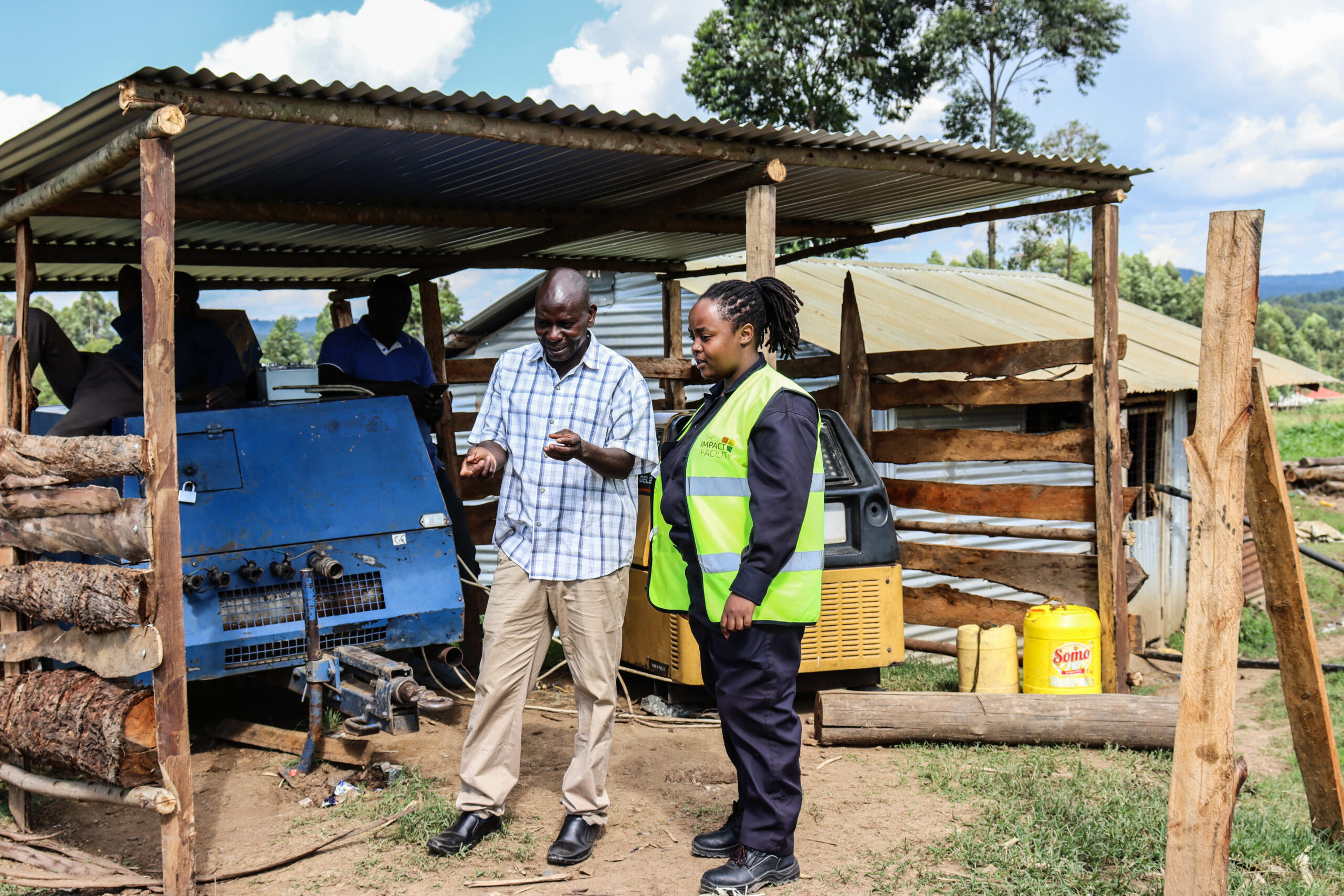This was one of the questions posed at a panel discussion I was involved in during the wrap up session “Exploring the role of responsible business initiatives in supporting sustainable development in developing countries: experiences from Kenya and Ghana” at the event was hosted by Strathmore Extractive Industries (SEIC)/Extractive Baraza.

The panellist tackled one of the responsible business policy instruments “Sector-specific value chain initiatives (SVCIs)” where other points for discussion included a reflection on the gaps that impede responsible operations in the gold sector in Kenya and the effectiveness of SVCI’s in promoting responsible business conduct and realization of SDGs.
The Impact Facility’s approach – meeting miners where they are, rather than where they should be.
I was able to share The Impact Facility’s approach investment-led approach providing economic uplist to artisanal and small-scale miners in East Africa, where we engage miners that meet our low threshold for accessing our services, meeting miners where they are by providing access to production and processing mining equipment and providing further capacity support to improve the environmental, social and governance standards of the mines over time through mutually agreed continuous improvement plans.
Certification through voluntary standards can be a useful tool in environments where the government has failed to govern and uplift a sector and/or where market expectations exceed regulatory requirements. Certification, as a voluntary mechanism as opposed to a government-enforced one, can help uplift practices when linked to tangible and achievable incentives that meet the needs of smallholder producers in either mining, agriculture or other industries.
The challenges of a certification-led approach
Engaging with these small-scale producers, their primary concerns usually revolve around gaining improved market access and/or long-term, affordable capital to help reinvest in their businesses.
A risk to certification-led approaches is the creation of a two-tiered system, where producers who are capable of achieving high standards on their own will do so , while small-scale producers lacking the means and expertise to attain compliance without external support, are stuck operating at a level deemed unacceptable – and this is why we believe our work is innovative.
New routes to incentivising impacts

The Impact Facility stresses the need for engaging at the lowest possible level, meeting miners and workers where they are, and not where we expect them to be. The Impact Escalator, our guiding North star, allows us to engage at a level of due diligence – covering most criteria like basic legal compliance, simple management practices and financial literacy needed to invest with relative confidence – before which we can support producers’ professionalise their operations through mutually agreed continuous improvement plans that enable an uptake in improved practices with access to technical support along the way. The voluntary compliance with the improvement criteria allows miners to access larger additional investments in the future.
We believe that this approach responds to local artisanal miners’ needs rather than imposing a consumer or advocacy-led agenda. Ultimately better business is best for business. We help demystify and adapt by translating best practices into simple and attainable step-by-step improvements, making the mammoth task less daunting and recognising and rewarding incremental change.
If you would like to join our efforts to introduce new benefits to ASM, please contact us through [email protected]






